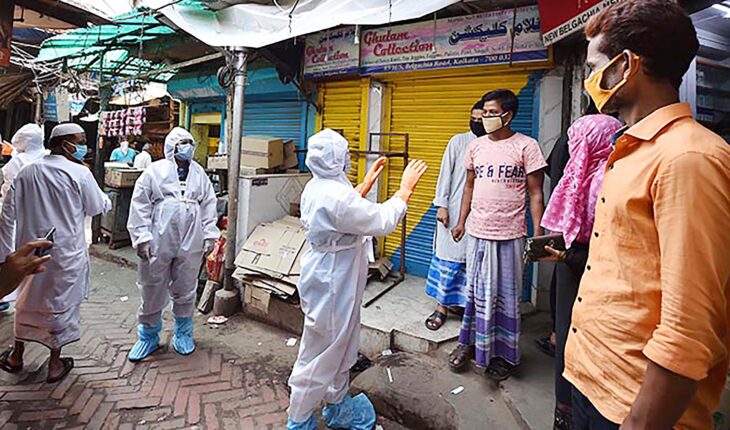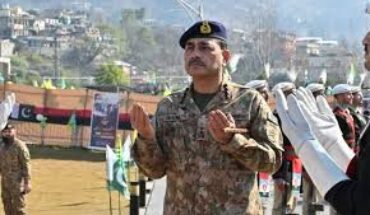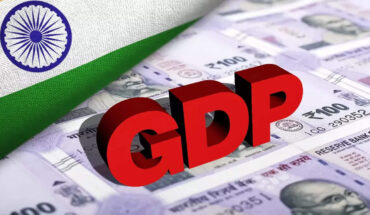Shaikh Mujibur Rehman says no single event or community can be blamed for the virus spread
India has the third highest number of Covid-19 cases in the world. Since the first reported case in Kerala on January 30, the virus has spread to every State in the country. While cities such as Mumbai and Chennai are continuing to bear the brunt of the cases, Covid-19 cases are also rapidly rising in Tier-II and Tier-III districts. Given this, no single person, event or community can be blamed for the spread of the virus.
Though leaders such as the Chief Ministers of Kerala, Andhra Pradesh and Maharashtra appealed to the people not to communalise the virus or blame any religion for it, in the initial days of its spread there was a sustained campaign against Muslims, especially on social media, following the Tablighi Jamaat event in Delhi in March. The Jamaat congregation emerged as India’s first largest hotspot. This is not to suggest that the Tablighi Jamaat and its organisers were not at fault. But failures at multiple levels, including at the level of the government and the police, were ignored and only the Markaz’s decision to hold the gathering, also a major failure, became the focus.
The intensity of that communal campaign, though deeply disturbing, was not entirely surprising, especially given the rise of the Hindu Right and its electoral dominance. It is a fact that many Muslim leaders and organisations unequivocally condemned the Jamaat episode. Many from the community, including well-known industrialists, donated money to the government to tackle the unprecedented health crisis caused by the pandemic. Sadly, while the good deeds of Muslims are seen as exceptions or are ignored, a mistake or fault of any Muslim invariably leads to a backlash against the entire community. Why is this the case?
This is partly because of the rising communal polarisation in India since the late 1980s. Furthermore, the propaganda machinery of organisations of the Hindu Right has become more efficient and sophisticated in recent years. Prejudices against the community are so deeply ingrained that no amount of reasoning can help differentiate fact from myth. Just as Jews were the targets in Europe in the 1930s, Muslims are the favourite targets of bigots in India today. We saw how the Delhi riots of 2020 and the preceding anti-Citizenship (Amendment) Act (CAA) protests were handled by the state. We heard the statement, “Those indulging in arson can be identified by their clothes”. From the lynching of Muslims by ‘cow-protection’ vigilantes to the anti-CAA protests, a climate has been created which has caused a massive trust deficit between some sections of Muslims and the Indian state, particularly the police. This was seen, for instance, when some Tablighi Jamaat members wrongly refused to cooperate with the state after the congregation. Consequently, a completely well-intentioned request by the state that they should identify themselves so that they can be quarantined was understood as a hidden agenda.
While the government came out with an advisory stating that the pandemic should not be linked to any religion, it would have been more useful if this advisory was more specific in its citation of Muslims and the Markaz. Muslims have been victims of the virus as much as people of other religions.
Muslims comprise not only India’s largest religious minority but also one of the poorest in the modern world. They remain educationally backward. The Indian state, both in its secular and nationalist avatar, has played its part in perpetuating this backwardness. The community has produced some fine talent in different walks of life, whether in sports, music, art, cinema, or governance, from Dr A.P.J. Abdul Kalam to M.F. Husain, Bismillah Khan and Sania Mirza. Those who participated in the Tablighi Jamaat event are also part of the community, but they are not the only representatives of Islam. Today, as cases continue to rise in India, it is crucial to be objective and reasonable before we single out Muslims for the challenges we face.
Shaikh Mujibur Rehman teaches at Jamia Millia Central University, New Delhi. Views expressed are his own






